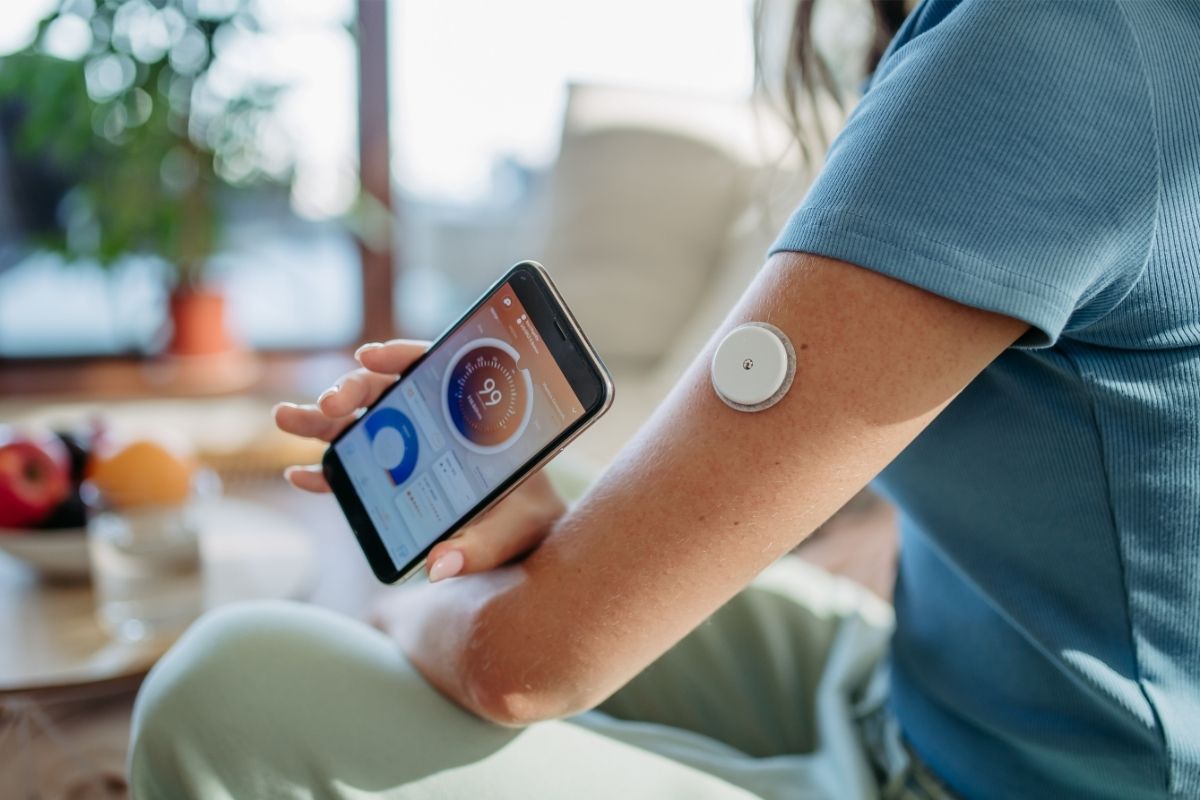Authors: Barnard-Kelly KD, Polonsky WH.
Abstract
Background: Increasing numbers of people with diabetes, especially those with type 1 diabetes (T1D), are using continuous glucose monitoring (CGM) systems to support their diabetes self-management, yet even so only approximately 30% of individuals with T1D meet the American Diabetes Association HbA1c target of 58 mmol/mol (7.5%) for children and 53 mmol/mol (7.0%) for adults. We aimed to produce a useful tool for people with diabetes to improve personalized understanding of CGM.
Method: A brief leaflet titled “Guidelines to Improve Glucose Control Using CGM” was developed for people with diabetes. Semistructured interviews were held with 12 adults with T1D, focusing on their views regarding the relevance, readability, and usability of the newly revised leaflet. Participants were specifically asked to share what they would find most useful in terms of information and advice provided as well as how to make use of that in the context of their own diabetes self-management. Data were analyzed thematically and used to inform revisions of the leaflet content.
Results: Data highlighted information and advice needs as well as personalization in terms of own diabetes management.
Conclusions: CGM systems are associated with improved medical and psychosocial outcomes, especially when used effectively to meet the individual needs of the user. Ensuring greater understanding of the individual’s expectations when first starting CGM, matching experience and skills to meet those expectations, and tailoring use to the individual needs of each person with diabetes (PWD) are all required to achieve widespread and consistent benefit.


